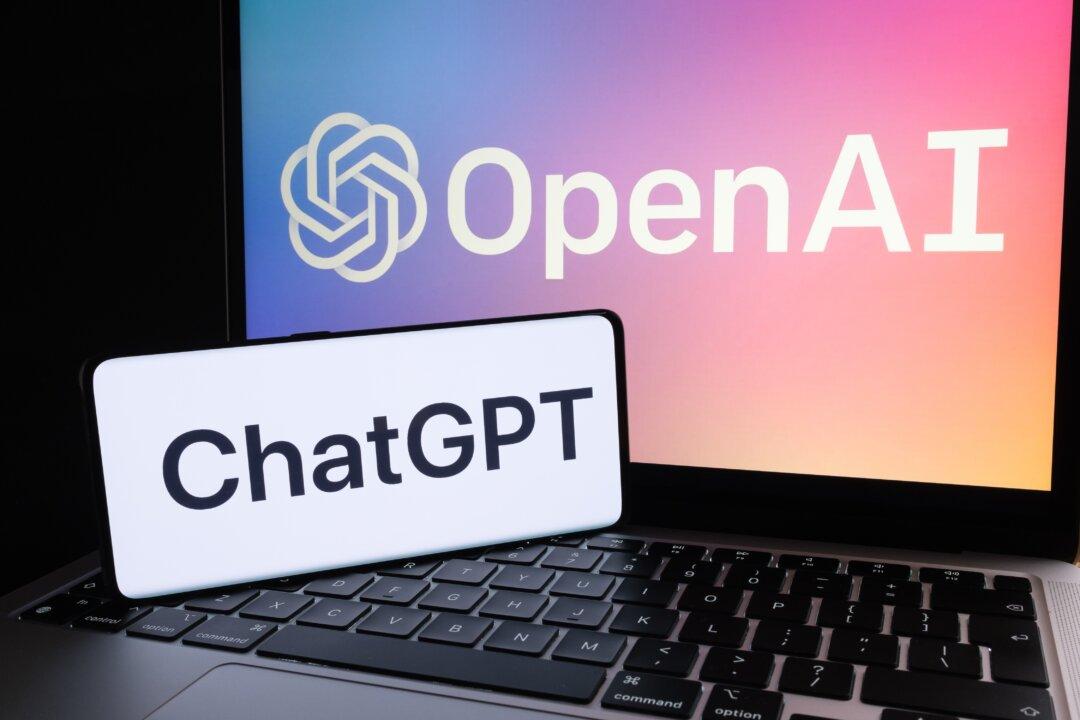Near the end of 2022, a computer system called ChatGPT was released. It is an artificial intelligence (AI) model that allows anyone to ask questions. It responds using text similar to what a human would write. It is the first of its kind offered to the public, with other models released from other companies since.
Since computers have been used to make investing decisions for years, it would be natural to ask whether or not ChatGPT could make reliable retirement-planning decisions. As a computer, it can provide answers in minutes—if not seconds. ChatGPT has two levels, a free level and a paid one, which makes it cheaper than paying someone for the information.






